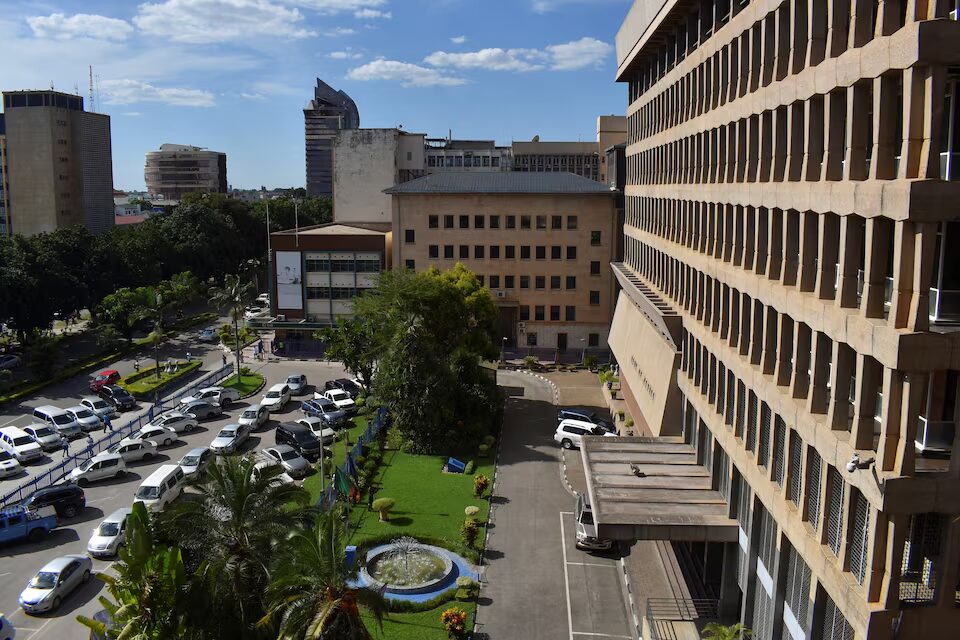
Friday 26th September 2025
by inAfrika Newsroom
Rwanda affordable housing got a lift this month after ALIAN Industry Company signed a non-binding MoU with the Rwanda Housing Authority to plan 10,000 homes. The agreement, signed on Sept 17 in Kigali, gives ALIAN five years to prepare a full technical and financing proposal for government approval. Officials said the plan could phase construction while local lenders shape end-buyer mortgages.
The document sets a cooperation framework, not a final contract. It calls for a detailed implementation plan covering land servicing, unit specs, building methods, and cost recovery. If Rwanda approves the bid, the developer would move to binding terms. The MoU’s five-year window allows time to align permits, utilities, and financing lines for buyers and contractors.
Demand is clear. Studies estimate a housing deficit of about 310,000 units, with annual needs near 15,000 and rising as cities grow. Government papers also flag large upgrade needs for existing stock that does not meet planning standards. These gaps explain why Kigali has pushed public-private models for several years.
Authorities have backed the market with dedicated programs. A World Bank-supported housing finance project expanded long-term mortgage funding and tapped Rwanda’s capital markets. The Rwanda Housing Authority monitors supported projects and reports progress to ministries and lenders. With the new MoU, the state wants private capital to scale delivery at lower price points.
The policy picture supports construction, though costs still bite. The central bank has kept inflation within target for much of the year and recently maintained its key rate near mid-single digits. Lending rates eased slightly in the second quarter, giving developers some comfort on project finance and off-plan sales. Mortgage affordability remains the main constraint for low-income buyers.
Execution will decide outcomes. Land servicing, backbone roads, water, and power must arrive before mass building. Buyers need predictable prices, deposit plans, and transparent allocation rules. Lenders need title certainty and clear foreclosure processes. Contractors need steady cash flow and local-content guidance. The MoU is a door; the heavy work now is due diligence, costing, and sequencing.
For Kigali, a credible rollout would steady rental markets and pull more families into ownership. It would also support jobs across cement, steel, transport, and fit-outs. If approvals lag, the project could slip into the queue with earlier estates that struggled to close gaps on price and infrastructure. Watch for an initial site list, unit mix, and a financing plan that blends mortgages with developer payment schedules.


